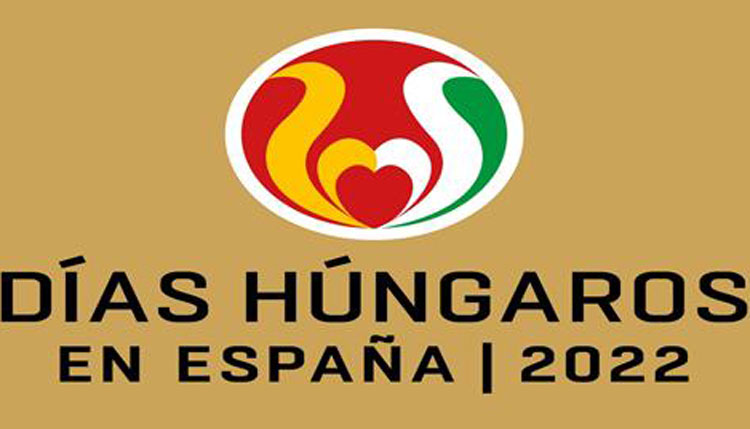Eduardo González
The German Chancellor, Olaf Scholz, received yesterday in Berlin the two champions of the “Iberian solution” for the energy supply in Europe, the President of the Government, Pedro Sánchez, and the Prime Minister of Portugal, António Costa, with whom he discussed “the importance of accelerating the construction, within the EU, of energy corridors suitable for transporting gas and renewable hydrogen”.
During the meeting, according to Moncloa, the three leaders reaffirmed their “unwavering support for Ukraine for as long as necessary” and agreed on the need to provide “common and urgent European responses” to the challenges arising from high energy prices, including the diversification of energy sources, the acceleration of the transition to a CO2-free economy, the expansion of renewable energies and the adoption of measures to ensure security of supply in Europe.
In this regard, the three heads of government stressed “the importance of accelerating the construction within the EU of energy corridors suitable for transporting renewable gas and hydrogen” and agreed to “jointly follow up on this issue”. For its part, the German government limited itself to reporting that Scholz, Sánchez and Costa had held “a joint discussion focused on European policy and international issues, including the preparation of the European Council on October 20-21 in Brussels.”
The meeting came a week after the informal European Council in Prague, which addressed Russia’s war in Ukraine, the energy crisis and the economic situation in the EU. During the meeting in the Czech capital, Sánchez, Costa and French President Emmanuel Macron committed to a three-way meeting in Paris before the next European Council to address the issue of energy interconnections, including the MidCat trans-Pyrenees gas pipeline. At the same European Council in Prague, Sánchez raised the need to promote interconnections and, therefore, the MidCat pipeline, both before the rest of the EU leaders and individually with Macron himself.
Macron has repeatedly expressed his rejection of MidCat, the gas pipeline that would link the Iberian Peninsula with the rest of the EU through the Pyrenees, on the grounds that electricity interconnections should be prioritized first and that there is a problem of “overcapacity” in the pipelines connecting Spain and France and, moreover, it would take too long to build. Last October 5, Pedro Sánchez and Olaf Scholz defended – in the framework of the Spanish-German Summit in A Coruña – the “utmost importance” of the MidCat pipeline and the need for it to be operational by 2025.
In addition, Sánchez has repeatedly expressed his support for the recent roadmap of the President of the European Commission, Ursula von der Leyen, to tackle the energy crisis, which, in his opinion, incorporates “many proposals and approaches of the Spanish Government since before the war”, such as the centralized purchase of gas, the reform of the electricity market and the extension to the whole of Europe of the so-called “Iberian mechanism” for energy management (which came into force on June 15 and limits the price of gas for electricity generation for a period of twelve months, thus covering the coming winter, when energy prices are more expensive). “The European Commission itself is already considering extending the Iberian solution to the European solution,” he said last Thursday before the Congress of Deputies.







